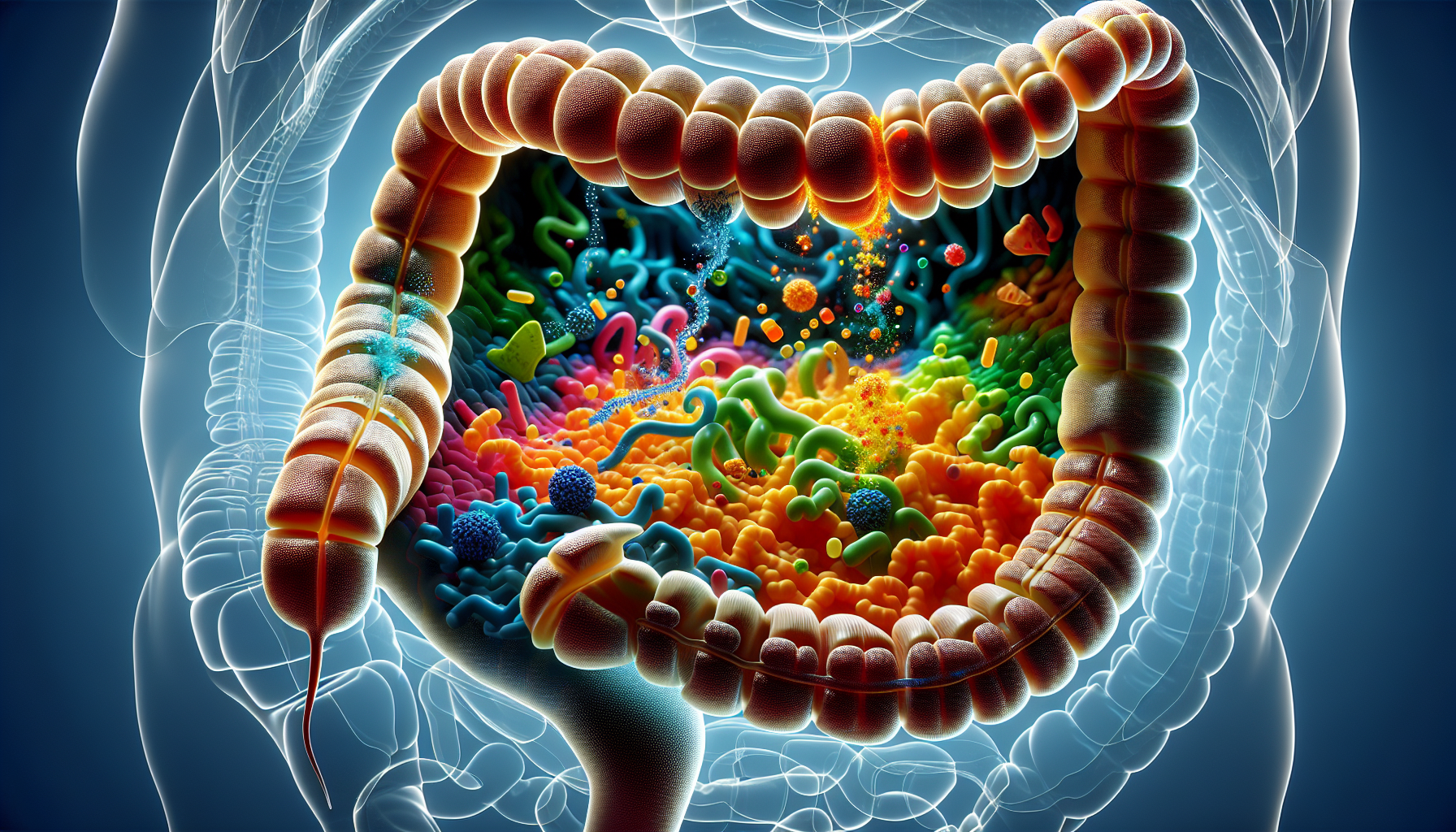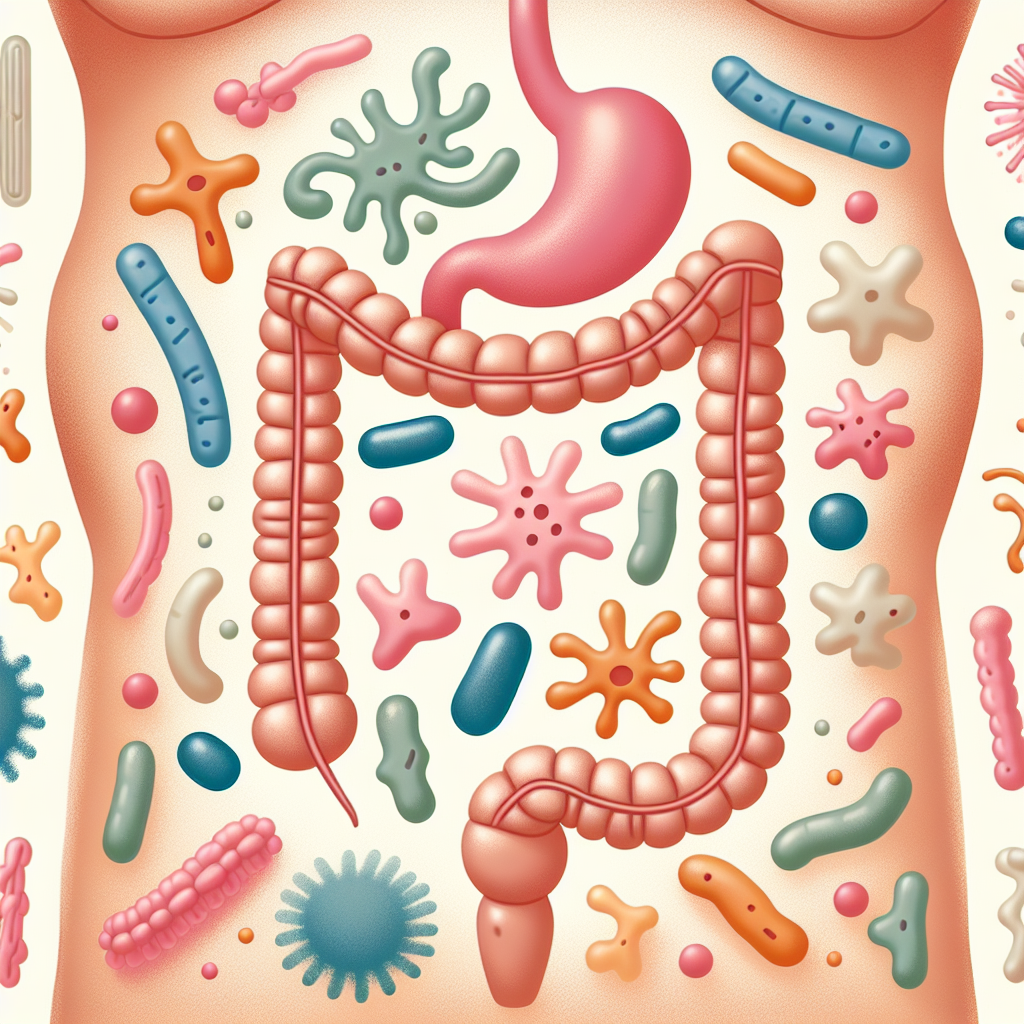In the intricate landscape of human health, digestive enzymes stand as unsung heroes in the gastrointestinal theater. These biological catalysts are essential for the breakdown of food into nutrients, which our bodies can then absorb and utilize. However, their role extends beyond mere digestion; they are also pivotal in the context of food allergies and intolerances, conditions that affect millions globally. This article delves into the complex interplay between digestive enzymes and these adverse food reactions, offering insights into prevention and management strategies.
Understanding Digestive Enzymes
Digestive enzymes are proteins secreted by the salivary glands, stomach, pancreas, and the small intestine. Each enzyme targets specific substrates; for instance, amylases break down carbohydrates, proteases work on proteins, and lipases are responsible for fats. Without these enzymes, the body cannot properly metabolize the foods we consume, leading to various digestive ailments.
Connection Between Enzymes and Food Allergies
Food allergies occur when the immune system mistakenly identifies certain proteins in food as harmful, triggering an inflammatory response. This can result in symptoms ranging from mild itching to severe anaphylaxis. The role of digestive enzymes in this scenario is crucial; they are responsible for breaking down potential allergenic proteins. Incomplete digestion may leave larger protein fragments intact, increasing the likelihood of an immune reaction.
Enzymes and Food Intolerances
Unlike allergies, food intolerances do not involve the immune system. Instead, they arise when the body lacks specific enzymes needed to digest certain foods, leading to digestive distress. Lactose intolerance is a prime example, where the deficiency of lactase enzyme results in the inability to digest lactose, the sugar found in milk and dairy products.
Enhancing Digestive Enzyme Function
Improving enzyme function can mitigate the effects of food intolerances and possibly reduce the risk of allergic reactions. Here are strategies to enhance digestive enzyme production:
1. Proper Nutrition
A balanced diet rich in fruits, vegetables, and whole grains can provide the necessary nutrients to support digestive health. For example, consuming foods high in zinc, such as shellfish and legumes, can promote the production of stomach acid, which aids enzyme function.
2. Managing Stress
Chronic stress can negatively impact digestive enzyme secretion. Engaging in relaxation techniques like yoga or meditation can help maintain a healthy digestive environment.
3. Supplementation
Taking supplemental digestive enzymes can assist those with enzyme deficiencies. These supplements can be particularly helpful for managing conditions like lactose intolerance.
For further insights into digestive health, explore Digestive Health for a comprehensive resource on maintaining a well-functioning digestive system.
The Role of Gut Microbiota
The gut microbiota also plays a role in food allergies and intolerances. A healthy gut flora can aid in proper food breakdown and reduce inflammation. Incorporating probiotic-rich foods into one’s diet can support this microbiome balance. To understand this better, the article "Using Probiotic Foods to Naturally Improve Gut Health" provides valuable information.
Addressing Food Allergies and Intolerances
While enhancing enzyme function is beneficial, those with food allergies or intolerances should also take the following steps:
1. Identification and Elimination
The first step is to identify the offending foods through elimination diets or testing. Once identified, it is crucial to avoid these foods to prevent adverse reactions.
2. Reading Labels
Understanding food labels is essential for avoiding hidden allergens or intolerant substances in processed foods.
3. Emergency Preparedness
Individuals with severe food allergies should always carry emergency medication, such as epinephrine auto-injectors, and wear medical identification.
4. Professional Guidance
It’s advisable to consult healthcare professionals for personalized advice. For more information on managing digestive health issues, consider reading "Strategies for Preventing Diverticulitis Flare-Ups" and "Understanding the Causes and Treatments of Dysbiosis."
External Resources
For those seeking to delve deeper into the science and management of food allergies and intolerances, here are several niche resources:
- The Food Allergy Research & Education (FARE) website provides extensive resources on food allergy research and education (FARE).
- The International Foundation for Gastrointestinal Disorders offers information on various digestive conditions, including food intolerances (IFFGD).
- The American College of Allergy, Asthma & Immunology features a comprehensive hub on understanding and managing allergies (ACAAI).
- The National Institute of Diabetes and Digestive and Kidney Diseases has a detailed section on lactose intolerance and related digestive issues (NIDDK).
Conclusion
Digestive enzymes have a significant yet often overlooked role in managing food allergies and intolerances. By understanding and supporting our enzyme functions, we can improve our overall digestive health and reduce the discomfort associated with these conditions. It’s important to remember that while diet and lifestyle adjustments can make a difference, professional medical advice is essential for proper diagnosis and treatment.



